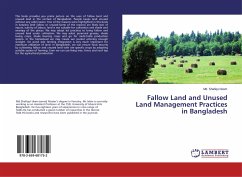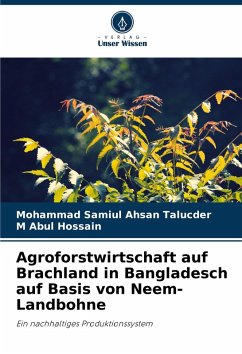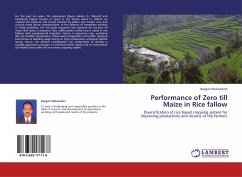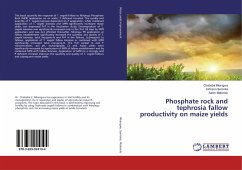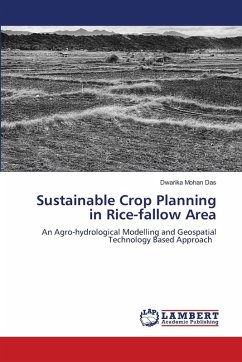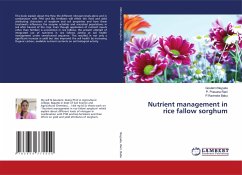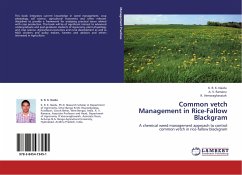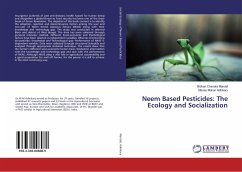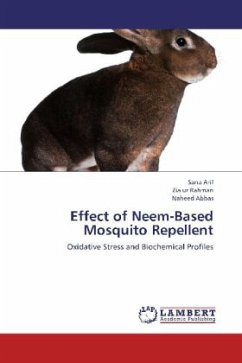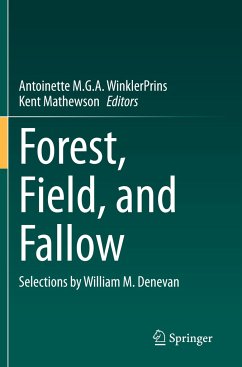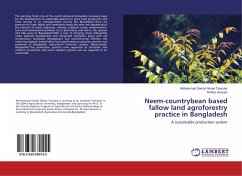
Neem-countrybean based fallow land agroforestry practice in Bangladesh
A sustainable production system
Versandkostenfrei!
Versandfertig in 6-10 Tagen
36,99 €
inkl. MwSt.

PAYBACK Punkte
18 °P sammeln!
The alarming food crisis of the world demands immediate necessary steps for the development of sustainable systems for more food production and food security in an overpopulated country like Bangladesh.There are presence of huge fallow and wastelands along the sides and slopelands of the network of roads, highways, railways, irrigation canals, embankments, farm and homestead boundaries etc.in plain lands, and also in the riparian and hilly areas of Bangladesh.With a view to bringing these fallowlands under planned development and integrated cultivation along with soil conservation, landscape d...
The alarming food crisis of the world demands immediate necessary steps for the development of sustainable systems for more food production and food security in an overpopulated country like Bangladesh.There are presence of huge fallow and wastelands along the sides and slopelands of the network of roads, highways, railways, irrigation canals, embankments, farm and homestead boundaries etc.in plain lands, and also in the riparian and hilly areas of Bangladesh.With a view to bringing these fallowlands under planned development and integrated cultivation along with soil conservation, landscape development and environmental benefits, the neem-countrybean based fallow land agroforestry production practice was examined at Bangladesh Agricultural University campus, Mymensingh, Bangladesh.This production practice have appeared as attractive and effective production and insect repellent systems and are expected to be sustainable.



